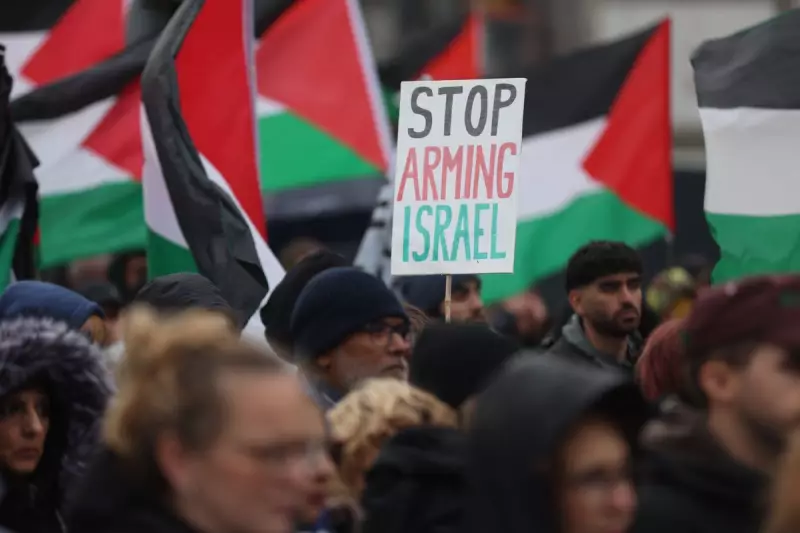
Metropolitan Police Commissioner Sir Mark Rowley has publicly defended the force's security protocols following an incident that saw Labour leader Sir Keir Starmer escorted from a central London event amid growing tensions.
Central London Security Operation
The situation unfolded on Thursday evening when pro-Palestinian demonstrators gathered near Trafalgar Square, creating what police described as a "hostile atmosphere" near the QEII Centre where Starmer was attending a Labour Party event.
Eyewitnesses reported seeing the Labour leader being swiftly escorted from the venue by his security team and Metropolitan Police officers as protesters voiced their opposition to Labour's stance on the Israel-Gaza conflict.
Police Commissioner's Response
In a statement addressing the security measures, Sir Mark Rowley emphasised that officers must make "dynamic assessments" based on real-time intelligence and crowd behaviour.
"There are moments when we have to make judgements about the atmosphere and the tension," Rowley stated, confirming that the decision to escort Starmer from the area was a precautionary measure taken by both his protection team and Metropolitan Police resources on the ground.
Growing Political Tensions
The incident highlights the increasingly charged political environment in the capital, with multiple protests occurring across London in recent weeks. The Metropolitan Police has faced increased pressure to manage competing demonstrations while ensuring public safety and political security.
Security sources indicate that politicians across the spectrum are experiencing heightened security concerns as public debates around international conflicts become more polarised.
Operational Challenges
Police resources have been stretched thin managing multiple large-scale protests in recent months, with officers required to balance the right to peaceful protest against potential security threats to public figures.
The Metropolitan Police continues to work closely with parliamentary security teams and personal protection officers to assess and respond to emerging threats in real-time.





